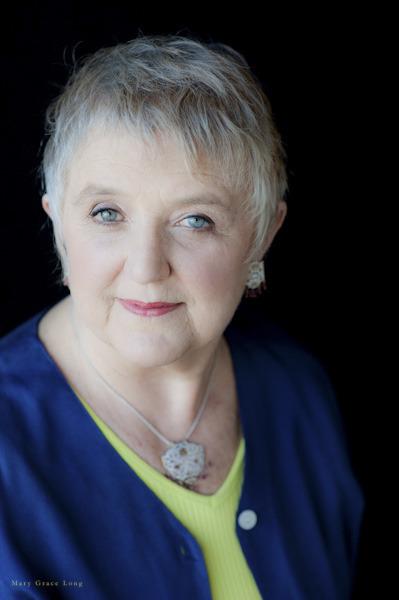by Liz Taylor
There are two kinds of memory loss in older people.
The first is normal forgetfulness, which most of us experience starting in our 40s and 50s — like not remembering a good friend’s name or where we put the car keys. I know this one well!
The second kind is forgetfulness that’s a symptom of a brain disorder, such as Alzheimer’s disease.
How can you tell the difference? Try this quick and unscientific test: If you think you have a memory problem, it’s probably normal and benign — because you remember that you don’t remember.
But if you think your memory is fine – when others notice a problem – you may have a more serious problem.
If someone you care about experiences serious memory loss, get a diagnosis. Don’t put your head in the sand or guess at the reason — learn the cause by seeing a physician experienced in older adult health care.
Serious memory loss in older adults has dozens of causes. The good news is that many are temporary and can be treated. One is malnutrition and dehydration caused by not eating properly and not drinking enough water — a common problem for older people who live alone. No longer cooking much and lacking a robust appetite, they eat nothing but tea and cookies all day, or potato chips — a sure recipe for muddling our brains.
Another common cause is depression. So is the wrong mix of prescription and/or over-the-counter drugs. Even medicines that a person tolerated well at age 45 can backfire at age 80 (because our brain chemistry changes as we get older), especially when combined with other drugs.
If a doctor tells you someone’s memory loss is due to “old age” — find another doctor. Age is not a diagnosis, and serious memory loss is not a normal part of growing old!
Then there are memory problems that are far more serious and scary. “Dementia” is the umbrella word we use to describe memory loss that is permanent, progressive, organic (caused by a disease in the brain) and severe enough to cause dysfunction in our daily activities.
The most common cause is Alzheimer’s disease, but others are small strokes, alcoholism, and some forms of Parkinson’s, AIDS and multiple sclerosis.
The older we get, the more likely we are to get Alzheimer’s disease. About 10 percent of people in their mid-60s have Alzheimer’s, yet almost half of people over 85 have it.
With all of these different causes, you can appreciate why getting an accurate diagnosis of memory loss is important. It allows you to correct the problem if it’s treatable — or begin to make plans for the future if it’s not.
If the diagnosis is dementia, don’t go through it alone. To learn more about dementia and how to care for people who have it, contact the Alzheimer’s Association in Seattle at 800-848-7097 or go online to www.alzwa.org.
New to Lopez, Liz Taylor has worked in the aging field for almost 40 years. For 14 years, she wrote a popular column on aging for The Seattle Times. You can reach her at lizt@agingdeliberately.com.




